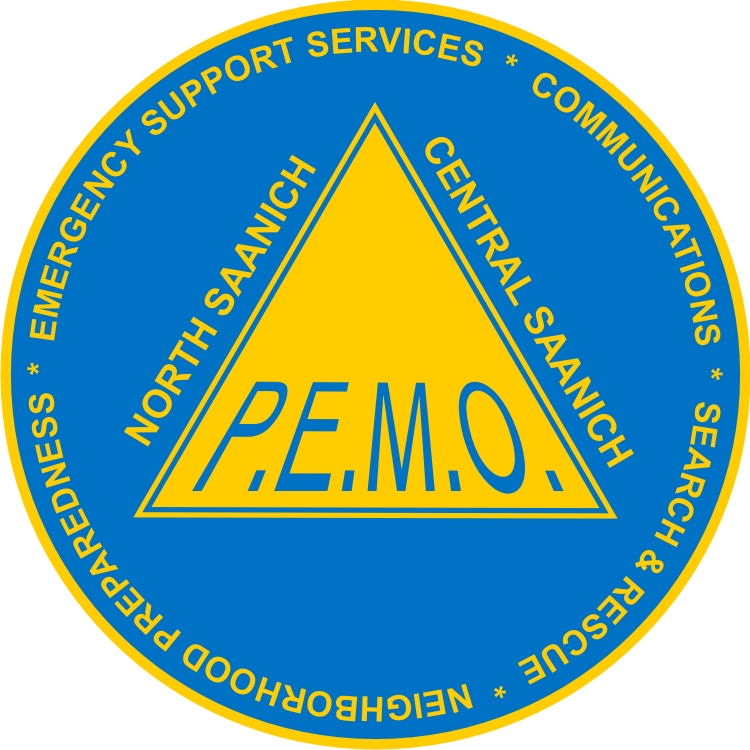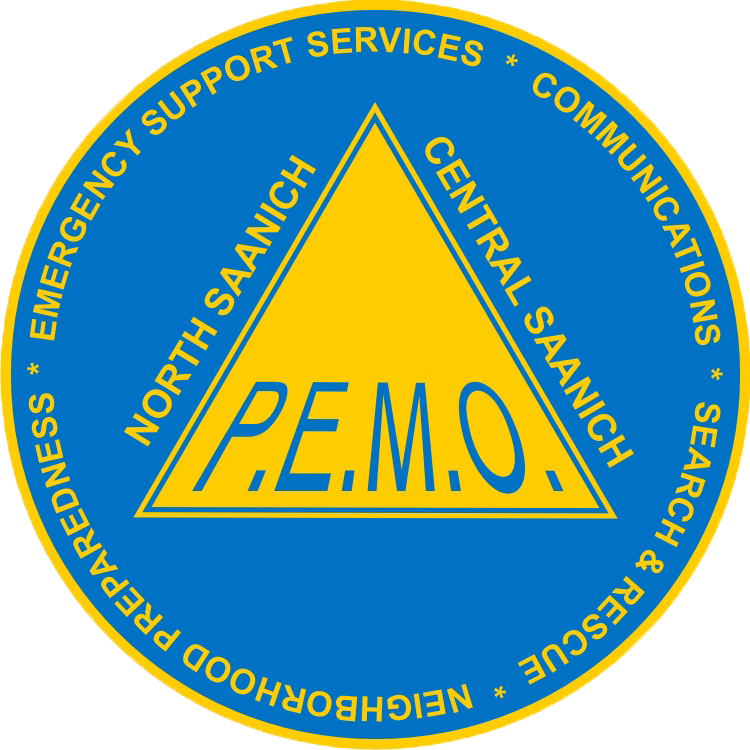Winter Storms
Prepare! Don't Let a Winter Storm Take You by Surprise
Before winter arrives, update your emergency plans to address the following:
- Snow, rain, and ice can create transportaton challenges and increase the risk of slips and falls. Public transportaton might be cancelled, and driving, walking, and cycling could be hazardous due to poor road conditons.
- It's easy to get cold quickly when exposed to wet, cold, and windy weather. Prolonged exposure to low temperatures can result in frostbite or hypothermia.
- Melting snow can elevate the risk of fooding.
- Severe winter weather, such as ice, wind, and snow, can lead to power outages. Power outages can disrupt communicaton, home heatng, and access to food and water. Being prepared to live without power for several days is crucial.
- Consider the specific needs of your loved ones and everyone in your household, including children, pets, and those with additional preparedness needs.
If you or someone you know lives alone or has mobility challenges during winter weather, it’s important to connect with a winter weather partner.
Your partner should be someone who can:
- Assist with shovelling snow.
- Help with running errands if you are unable to leave your home.
During Winter Weather
Check weather forecasts frequently when winter arrives. Conditions can change quickly. Follow all alerts and travel advisories related to winter weather.
Check in with your winter weather partner.
If you used anything from your emergency kit or grab-and-go bag, replace it after the weather has improved or your power is back on.
Dress appropriately. Winter boots with grip to prevent falls, bright colours and reflective clothing so you can be seen, and wind and water-resistant layers are smart choices.




